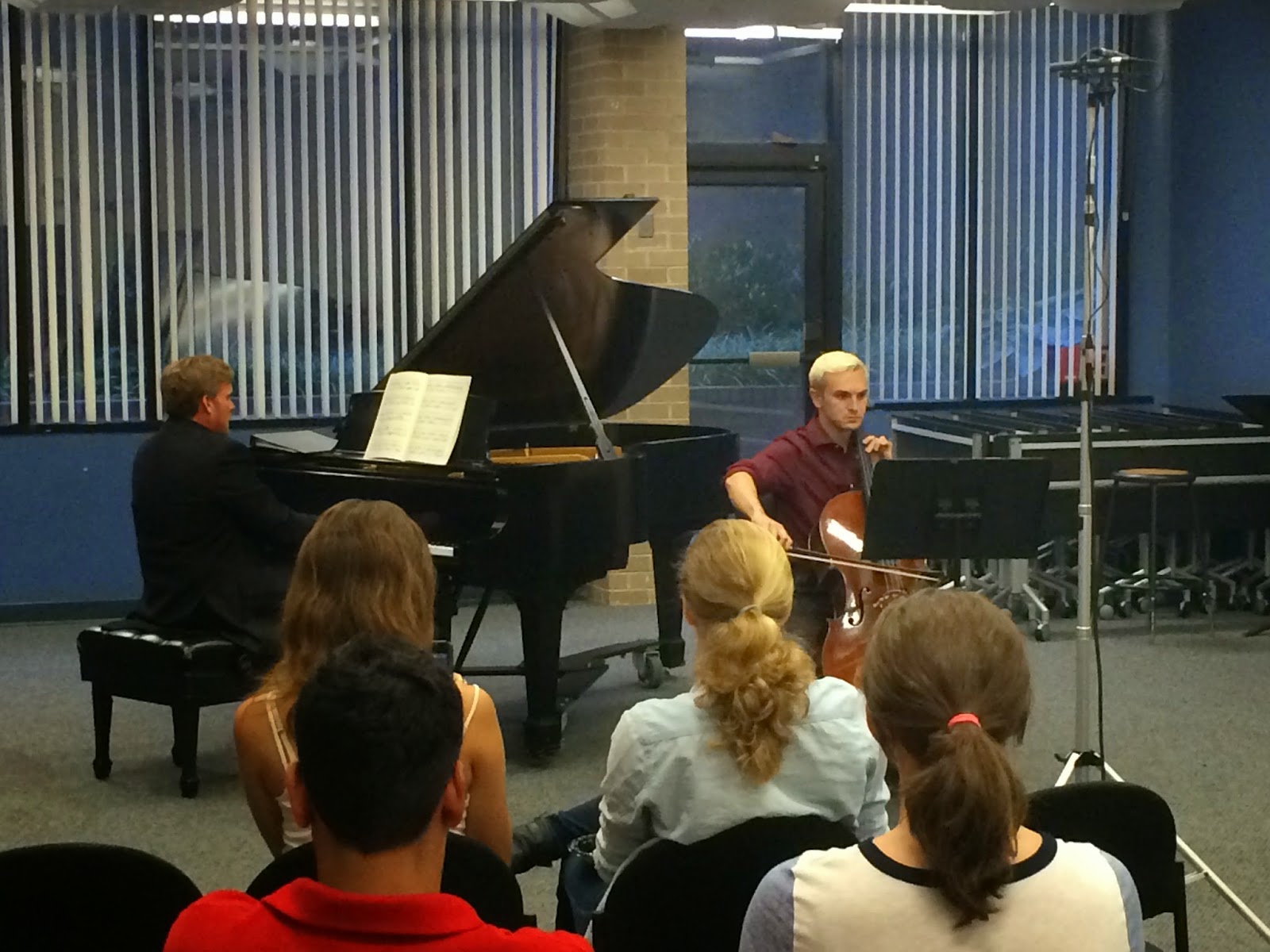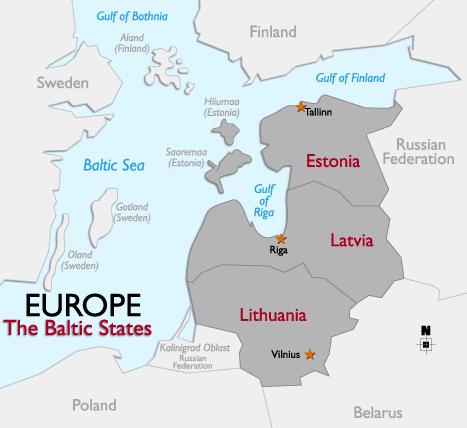For starters, I knew going into this blog that I have a pretty niche audience - GW music students, their parents, and the occasional over-eager high school student looking to learn more about GW.
Because I work in the Music Department office, I was able to use their social media accounts (Twitter and Facebook) to share my blog posts directly with that niche audience! In hindsight, do I wish I had shared my blog posts on these outlets with greater frequency and more consistently each week? In short, yes! Do I also wish that I had used my own personal Facebook to share the blogs? The answer is also yes.
On Facebook, I found that there was no particular rhyme or reason as to why certain posts worked and others did not. In general, when I would share blog posts on the Music Department Facebook page, the posts drew some page-views but not necessarily engagement, such as "likes" or "comments."
For example, this post taking viewers behind the scenes at the fall musical, Urinetown, drew five page views due to social media when it was posted on Facebook on Oct. 27. (It drew six total that day, so clearly Facebook made a contribution.) Still, no one liked the Facebook post or commented.
Another post, this time about adding choreography to Urinetown, was posted on the GW Music Department Facebook page on two different occasions. The first time, on Sept. 16, the post generated 9 webpages for the blog. The next day in continued to generate views - 4 more came the post's way.
When the same blog post was shared a month later on October 21, less than two weeks from opening night, the Facebook post generated only 5 page views. Logic suggests that a post so close to the event itself would generate more buzz - not less. What was different? The second Facebook post was far longer, with a 3 sentence description for the link compared to the single sentence of the original post. Could brevity be the key here?
Perhaps the biggest winner of them all was the last blog post of the semester. A post about the GW-Corcoran merger and the new performance space available to GW music students received by the far the most page views of the semester - 50 views, 40 of which were referrals from social media. It also got at least 8 "likes" on the Music Department Facebook page. Perhaps what may have been most important was that in addition to posting it on the Music Department page, I also shared the link on my own wall, generating more "likes" as well as a "comment." (And, as a result of Facebook's algorithm, the post likely appeared more prominently on my friends' timelines, thus only adding to views and engagement.)
Why was this post so successful? The post on department's page was only a sentence or two long and featured no hashtags or anything. I can think of at least two reasons that the post may have been so well received. For starters, the Corcoran-GW merger continues to be in the news, so it is already a trending topic, particularly on campus. Second, by sharing it on my own personal wall and describing it as "A little blog-post I wrote about the new performance space on campus," it peaked my friends' interests - particularly family members interested in seeing what I am up to.
Twitter, by comparison to Facebook, had less impact on driving page views (only 22% of the page view referrals). From time to time, I would share my posts on the department's Twitter handle. Part of the problem is that @GWMusicDept simply has a much smaller fan-base than the department's Facebook page. That said, I did find that Tweets often were retweeted by the Columbian College and other GW Twitter handles. Using hashtags like "#GWU" increased the likelihood that the tweets would get noted and retweeted by other GW institutions. And retweets fortunately brought additional page views.
Ultimately, there is no perfect way to prescribe why one post will be more successful than others. Why did the GW-Corcoran post catch on fire through social media while others did not? There is no precise way of knowing. However, we can take note of trends and utilize them.
So what are the takeaways?
- Post more frequently! One of my biggest mistakes was not sharing on social media enough. If I had, I could have experimented more with different techniques and approaches.
- Share blog posts on my own Facebook - not just the music department! People generally are more inclined to interact with another human rather than with an impersonal institution Facebook page. (I like to at least think I am more personable on Facebook than an institution).
- Briefer descriptions on Facebook and social media are better! Long descriptions become arduous and turn people away. Draw the reader in, don't write a novel!
- Take advantage of trending topics and stories in the news, using them to generate more buzz for your own blog post.



















































